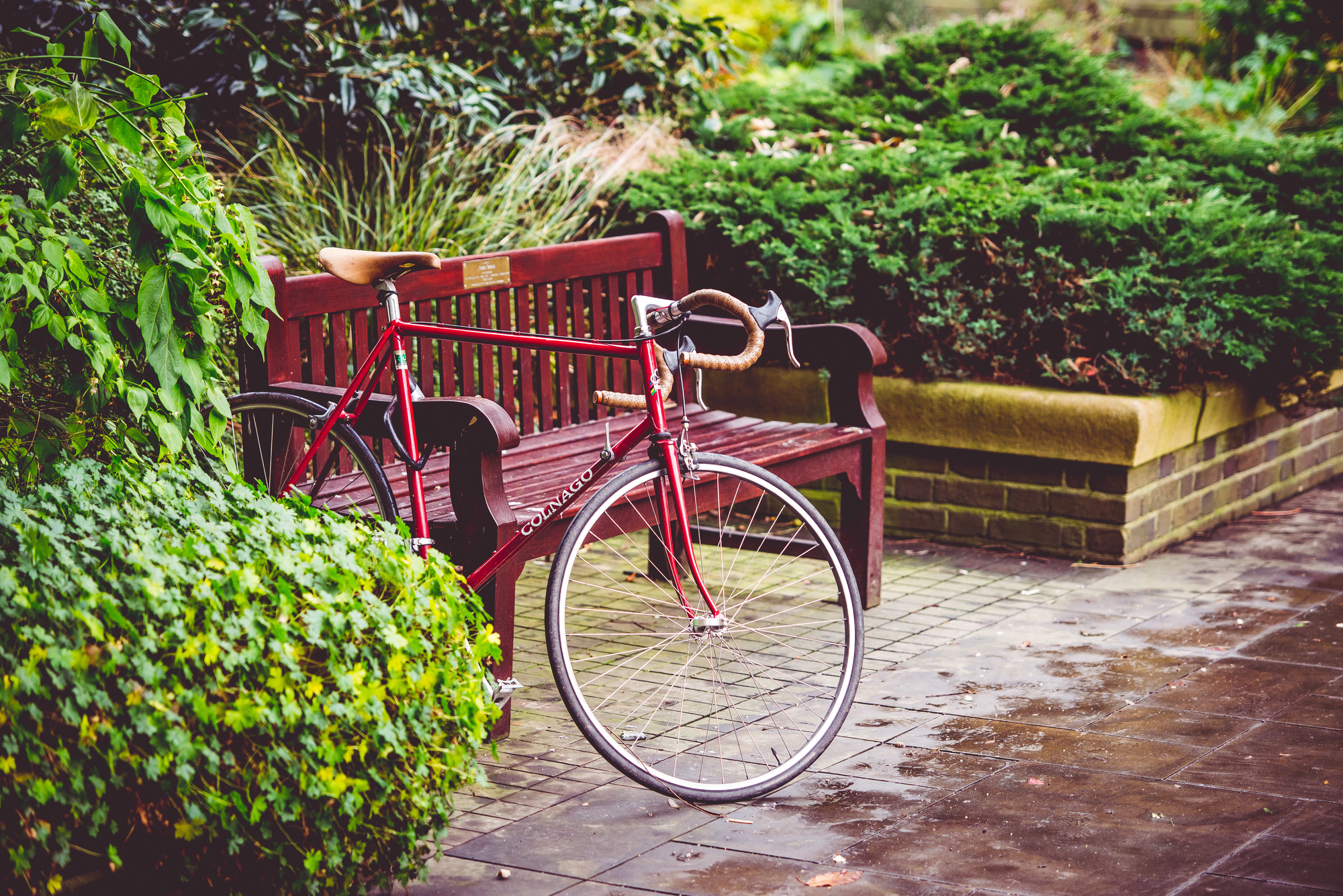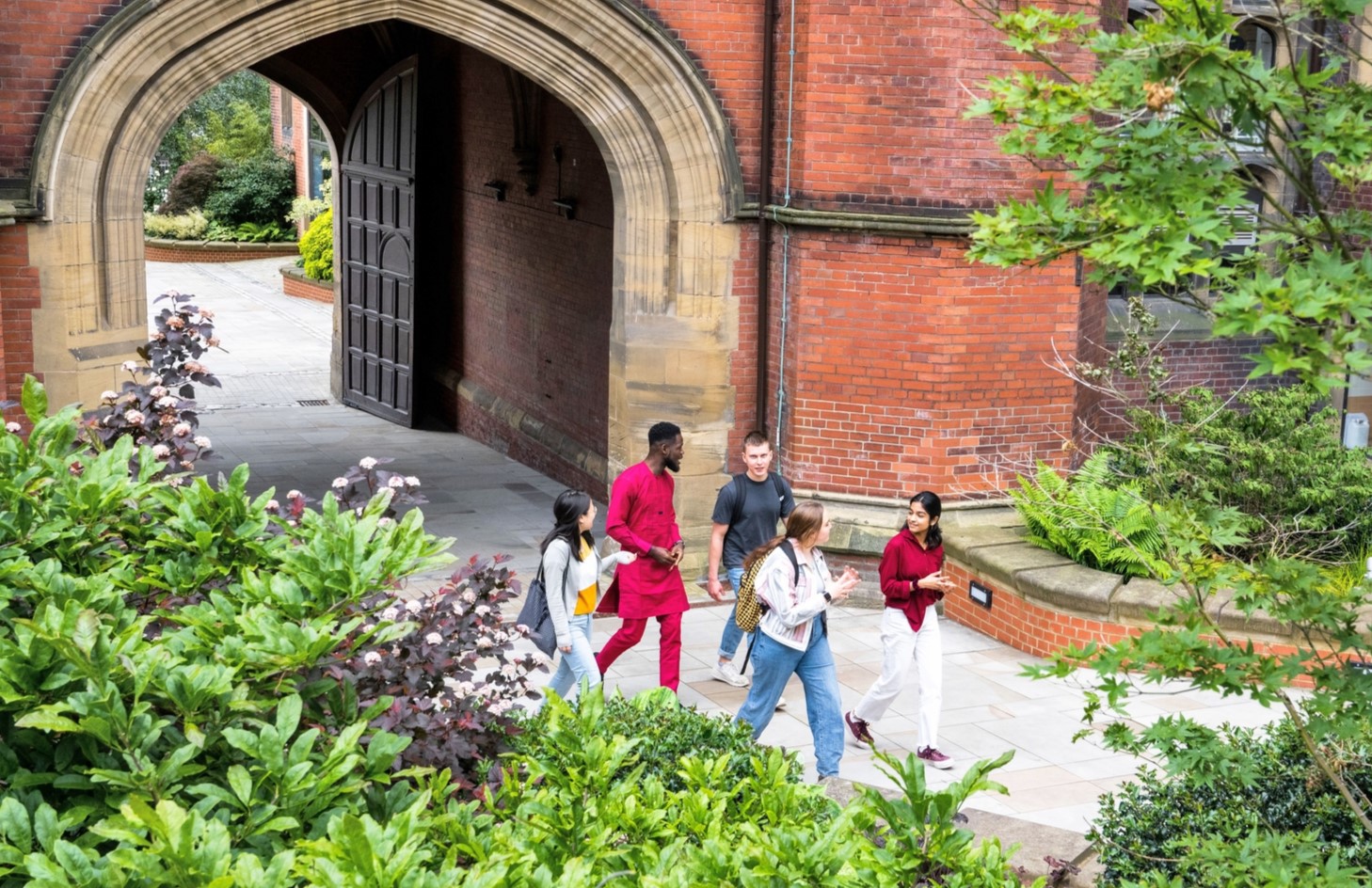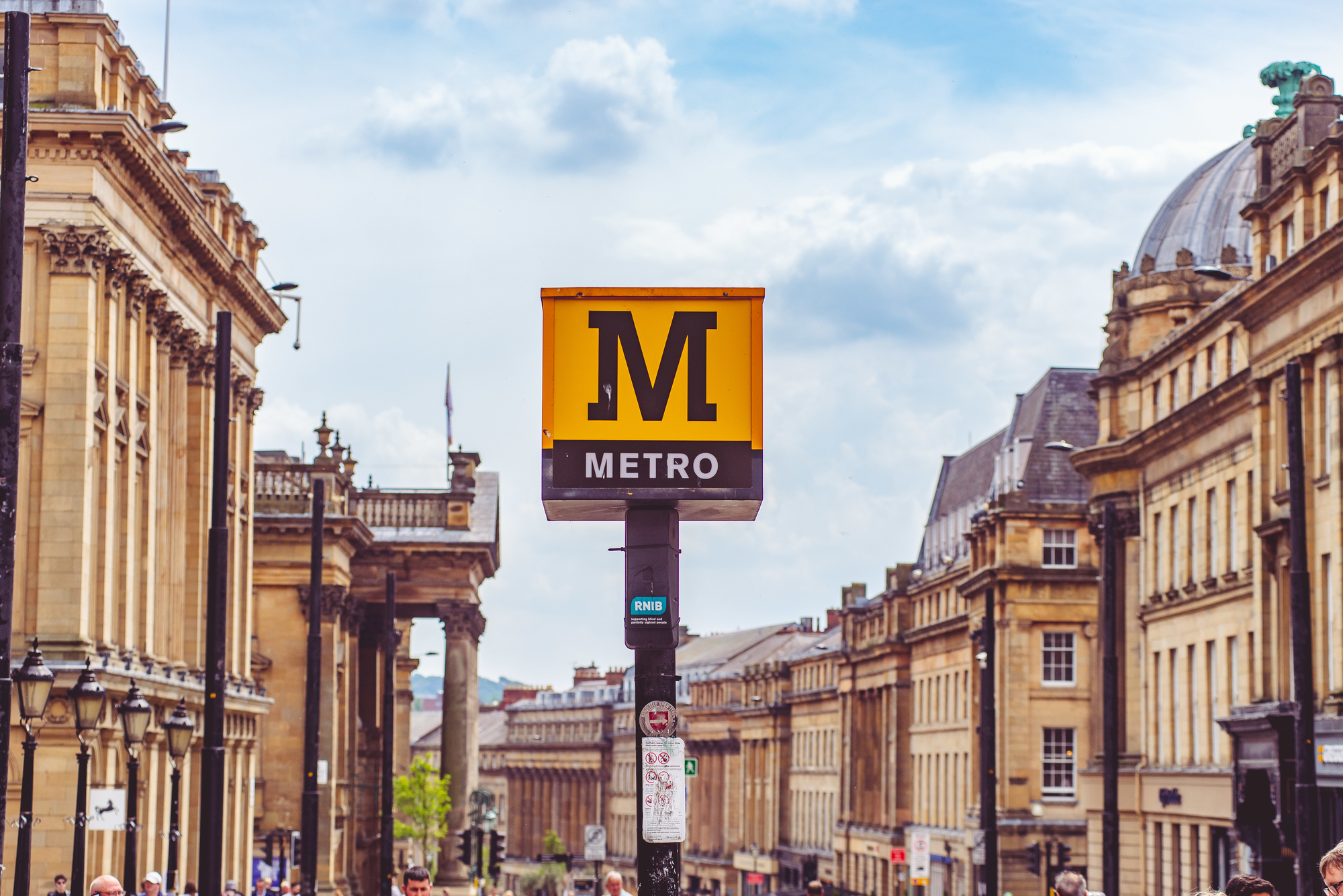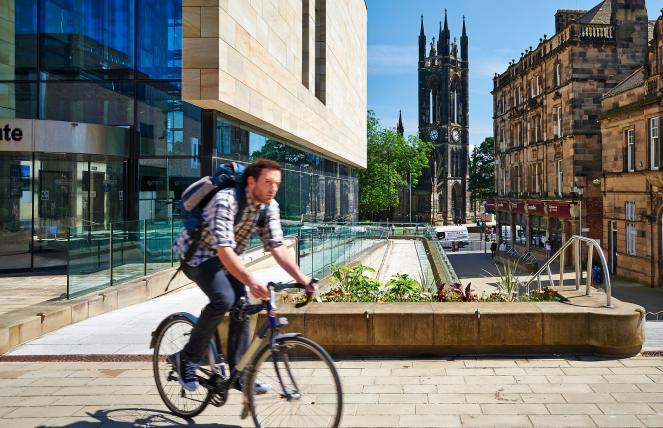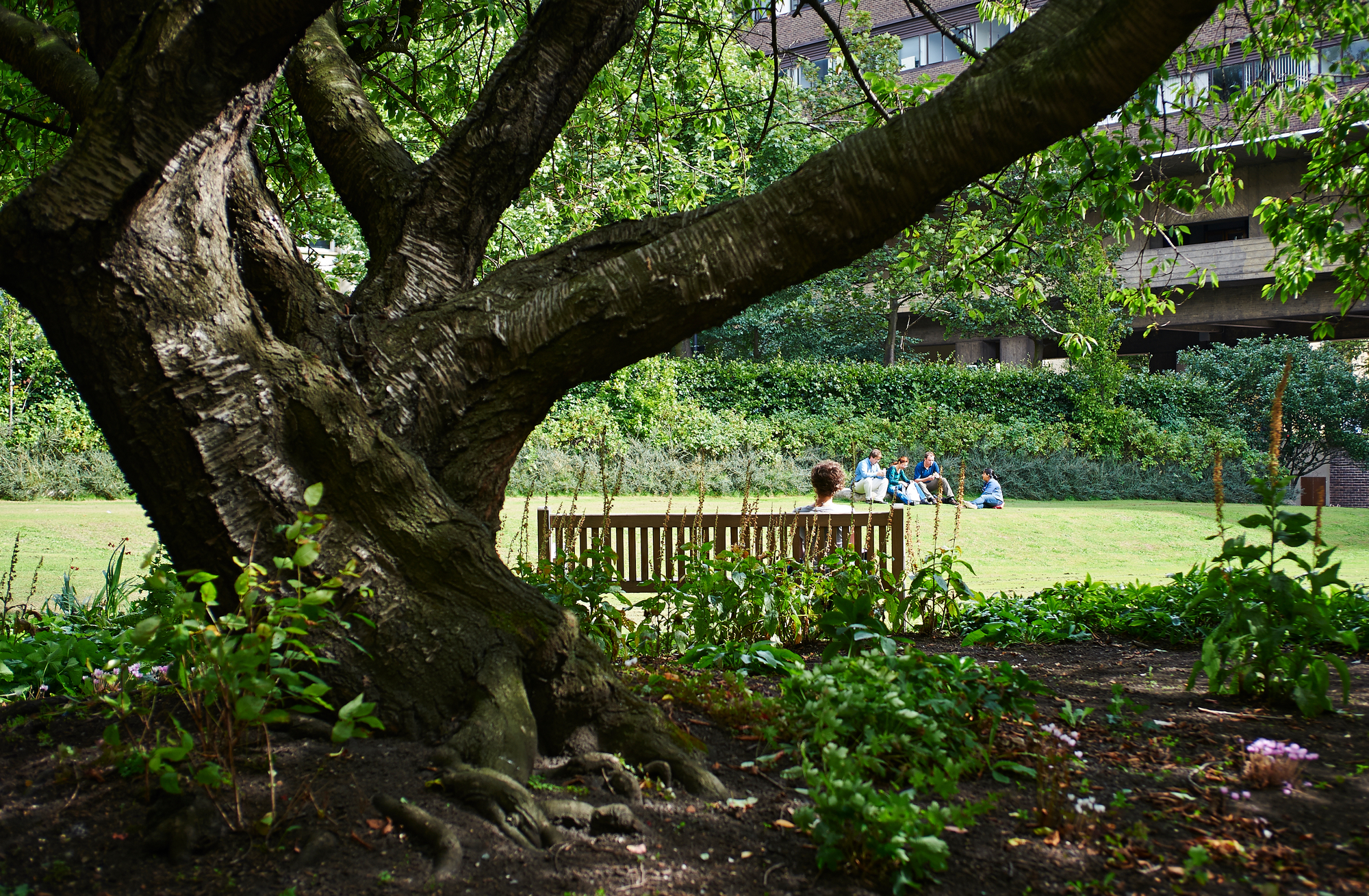Travel
Make your journeys to and from our University sustainable.
Transport
There are many ways to travel to campus and we want to support you in making the best choice for your circumstances. Newcastle University Travel Plan Update 2015 sets out objectives and targets to address how we can enable colleagues and students with sustainable travel.
The Estates and Facilities travel pages (University login required) also contain additional information about travel facilities available across campus.

